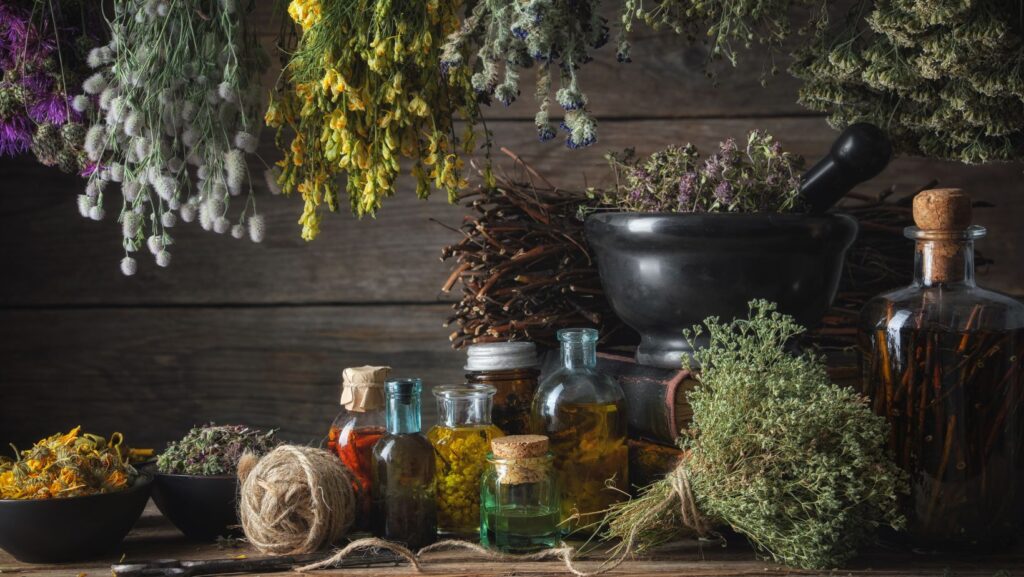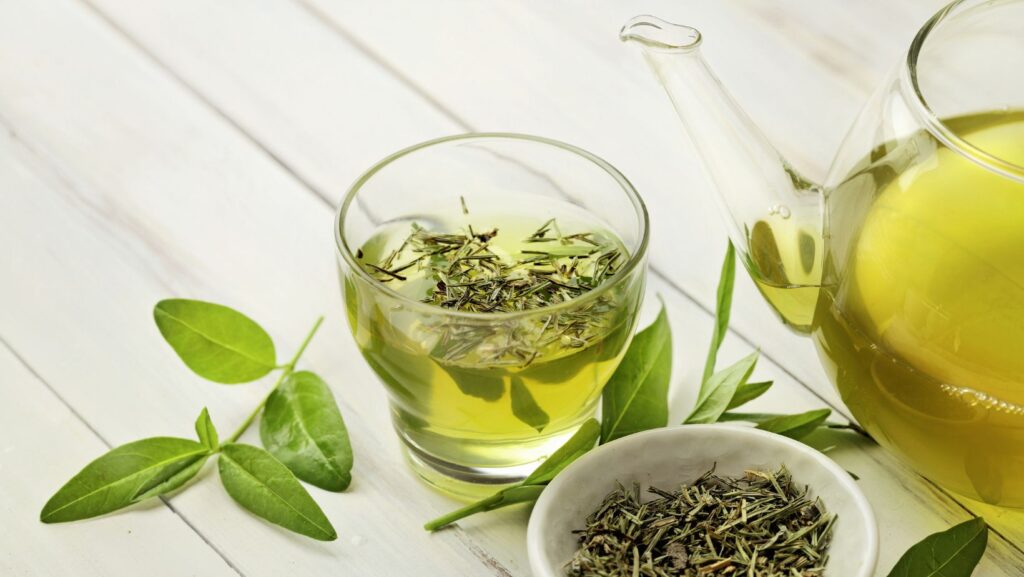In an age where health and well-being take center stage, the quest for natural ways to boost the immune system has never been more relevant. Herbs, with their potent properties and long-standing history in traditional medicine, offer a promising avenue for enhancing immunity. From the soothing effects of echinacea to the invigorating qualities of ginger, these botanical wonders provide a natural shield against common ailments.
People are increasingly turning to herbal remedies as they seek alternatives to synthetic supplements. These herbs not only support immune health but also offer a range of additional benefits, such as reducing inflammation and improving digestion. By incorporating these natural powerhouses into daily routines, individuals can fortify their defenses with simplicity and ease.
Herbs for Immune Support
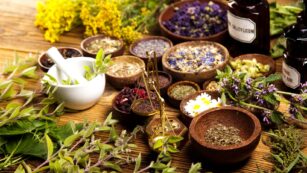 Herbs offer natural pathways to enhance immunity, backed by both traditional use and scientific studies. They often provide multifaceted benefits, boosting overall wellness. This section explores some of the most effective herbs for immune support.
Herbs offer natural pathways to enhance immunity, backed by both traditional use and scientific studies. They often provide multifaceted benefits, boosting overall wellness. This section explores some of the most effective herbs for immune support.
Echinacea is widely recognized for its immune-boosting properties. Known to stimulate white blood cell production, it helps fight infections. Studies indicate echinacea reduces the duration and severity of colds, supporting faster recovery.
Ginger acts as a potent anti-inflammatory agent. It’s rich in antioxidants, which combat oxidative stress and enhance immune function. Regular consumption can help reduce inflammation and improve metabolism, aiding the body’s natural defenses.
Elderberry is renowned for its antiviral properties. It contains high levels of flavonoids, which strengthen the immune system. Research demonstrates elderberry’s effectiveness in reducing flu symptoms and preventing colds.
Turmeric
Turmeric is prized for its active compound, curcumin, which possesses strong anti-inflammatory and antioxidant properties. This herb supports immune health by modulating the immune response and neutralizing free radicals.
Garlic
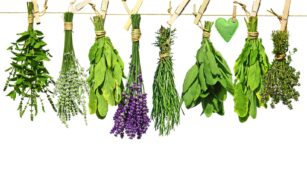 Garlic is known for its potent antibacterial and antiviral properties. Its primary compound, allicin, enhances the immune response by stimulating white blood cells in the presence of infections. Regular garlic consumption correlates with reduced incidence of colds and other illnesses.
Garlic is known for its potent antibacterial and antiviral properties. Its primary compound, allicin, enhances the immune response by stimulating white blood cells in the presence of infections. Regular garlic consumption correlates with reduced incidence of colds and other illnesses.
Harnessing these herbs in daily life can significantly support the immune system. Their consistent use, alongside a balanced diet and healthy lifestyle, ensures optimal immunity and resilience against infections.
Top Herbs For Immune Support
Selecting the right herbs can play a significant role in enhancing immune function. Each herb offers unique properties that contribute to overall wellness.
Echinacea
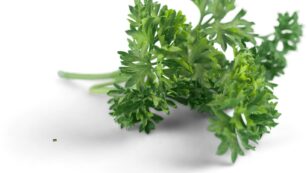 Echinacea, often used to combat colds, boosts the immune system by increasing white blood cell production. Studies highlight its ability to reduce the severity and duration of respiratory infections. Popular forms include capsules and teas.
Echinacea, often used to combat colds, boosts the immune system by increasing white blood cell production. Studies highlight its ability to reduce the severity and duration of respiratory infections. Popular forms include capsules and teas.
Elderberry contains antiviral properties that alleviate flu symptoms. Rich in antioxidants and vitamins like vitamin C, it strengthens immune defenses. It’s commonly available in syrups and gummies, providing easy ways to integrate it into daily routines. Astragalus roots are famed for enhancing the immune response and offering protection against infections. It supports liver health and combats oxidative stress. Available in extracts and teas, astragalus is a staple in traditional Chinese medicine. Garlic not only adds flavor but also provides immune-boosting benefits. Its compounds exhibit antibacterial effects and aid in stimulating immune cells. Regular consumption of raw or cooked garlic can enhance overall health and prevent illness.
How Herbs Work To Boost Immunity
Herbs enhance immune function through various mechanisms. Many herbs contain bioactive compounds that bolster the body’s natural defenses.
Antioxidant Properties
Antioxidants in herbs play a vital role in immune support. They neutralize free radicals, which are unstable molecules that cause cellular damage and weaken immunity. Herbs like elderberry and green tea provide high antioxidant levels, reducing oxidative stress. ORAC (Oxygen Radical Absorbance Capacity) measurements often showcase the potency of these herbs in combating oxidative damage, reflecting their effectiveness in supporting immune health.
Anti-inflammatory Effects
Several herbs possess anti-inflammatory properties, which are crucial for maintaining balanced immune responses. Chronic inflammation strains the immune system and leads to disease susceptibility. Herbs like ginger and turmeric contain compounds like gingerol and curcumin that reduce inflammation by inhibiting inflammatory pathways. This reduction in inflammation supports the immune system in fending off pathogens without the added burden of managing excessive inflammation.of health.

